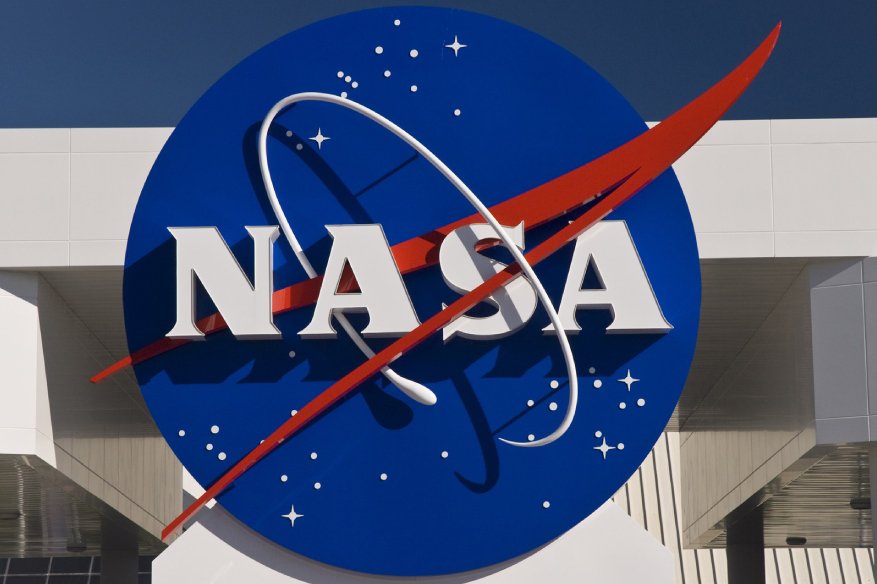NASA’s 35-Day Partial Shutdown A Step Towards Better Lives

The 35-day long U.S. Government shutdown has not only delayed basic government services and underfunded the operations of many state agencies and companies, but also caused a lot of missed opportunities in the field of Science and Technological discoveries. NASA, one of the U.S. government agencies that have a huge role in performing space services and conducting space experiments was partially shut down for 35 long days. “NASA is one of the most attacked agencies in the federal government when it comes to cybersecurity. Across the world, there are governments that are very, very interested in what we’re doing, because technology ultimately determines the balance of power on Earth, and we are doing things that are very, very advanced technology. There are people who would love to use it not for the benefit of humankind, but for their own power purposes,” explained Jim Bridenstine, NASA Administrator.
Like clockwork, the Security Operations Center continued to work in order to keep NASA’s system secure during the entire duration of the shutdown. Headed by Renee Wynn, the CIO of NASA, the center is a non-stop department in NASA headquartered in California. “No snow stops them from coming in and taking care of and monitoring what’s going on in our networks. We do have to protect your data, and we have to protect the integrity of all the data that NASA gets and shares. That is our main driver in cybersecurity. [It’s] you and our name, our reputation — which is through our data and the science, engineering, mathematics and technology discovered through that,” emphasized Wynn.
A portion of the NASA website is also down, pending funding from the budget to be approved by Congress at the time. 35 subsites under NASA has to be turned off because the space agency had no money to renew the expired digital certificates. “We left our websites up until they posed a threat to the agency. So, we took them down because the information on [them] wasn’t critical to shutdown or to a certain active function in the agency,” added Wynn.
NASA and space travel, in general, has been a very eye-opening agency and undertaking. Without the experiences learned through space travel, technology grew towards our current progress today. The following technologies will remain as science fiction today if not due to the lessons learned while developing space technology are the camera phones, scratch-resistant lenses, CAT scans, LEDs, Land Mine Removal, Athletic shoes, water purification system, dust busters, home insulation, wireless headsets, memory foam, freeze-dried food, adjustable smoke detector, baby formula, artificial limb, computer mouse etc. The 35-day shutdown of NASA might have delayed or prevented the development of newer technology that can enhance our lives.
The Department of Homeland Security is confident that NASA can handle any cybersecurity issue, a government agency that has proven itself to able to land rovers on Mars is more than ready to face earth-based cyber attacks, the Department concludes. “If you don’t have a license for your software, you’re not getting the patches, and we get fixes every single day for all the software that we do. (NASA) had no external-facing, critical issues. In my opinion, for now, we got through this really well,” concluded Wynn.